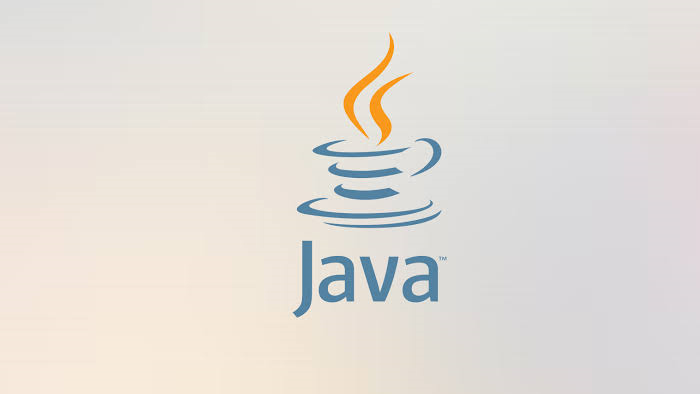SC Rejection Over Software Firm’s Plea to Use 'Java' in Domain Name Sparking Nationwide Corporate Confusions

The Supreme Court of India has dismissed a plea by a software company seeking permission to use the term “Java” in its domain name. The company had filed an appeal against a ruling by the Delhi High Court, which had denied its request on the grounds of trademark infringement. The ruling has raised important questions about intellectual property rights and the use of popular terms in the digital space.
The case revolved around a software firm that wanted to include “Java” in its domain name. However, the term “Java” is a trademark owned by Oracle Corporation, which develops the Java programming language. The software company argued that it was not infringing upon Oracle’s trademark, as it was using the term in a different context. Despite this argument, the Delhi High Court had ruled against the company, and the Supreme Court upheld this decision.
Oracle’s legal team contended that the use of the term “Java” by the software firm could cause confusion among consumers and mislead them into associating the company with the well-established Java programming language. They argued that this could dilute the value of their trademark, which has been in use for decades and is widely recognized in the tech industry.
The software firm, on the other hand, claimed that it was not attempting to take advantage of Oracle’s trademark, but rather sought to use the term “Java” in a completely different context. It emphasized that the domain name was related to its own business, and there was no intention to deceive or cause confusion. The company further argued that the term “Java” is a common word and should not be exclusively linked to Oracle.
Despite these arguments, the Supreme Court sided with Oracle, reinforcing the importance of protecting trademark rights in the digital age. The Court’s decision highlighted the need for businesses to be mindful of existing intellectual property protections when choosing names, particularly in the online space. It also underscored the broader issue of how trademarks are increasingly being contested in the digital realm.
This decision has important implications for companies in the tech industry, especially those looking to create a digital presence. The ruling suggests that companies must consider not only the uniqueness of their business but also the potential legal risks involved in using terms that are widely associated with established brands. The case serves as a reminder of the complexities of intellectual property law in the internet age.
The software company has expressed disappointment with the Supreme Court’s verdict but has indicated that it will explore other options moving forward. Legal experts suggest that businesses seeking to avoid such issues should conduct thorough trademark searches before selecting domain names or branding strategies. In the ever-evolving digital marketplace, securing a unique and legally sound name is crucial for avoiding costly legal disputes.
In conclusion, the Supreme Court’s decision serves as a significant reminder about the importance of intellectual property rights, especially in the context of domain names and digital branding. The ruling reinforces that trademark owners have a right to protect their brands from potential misuse, ensuring that businesses are more cautious when selecting terms that could conflict with existing trademarks.